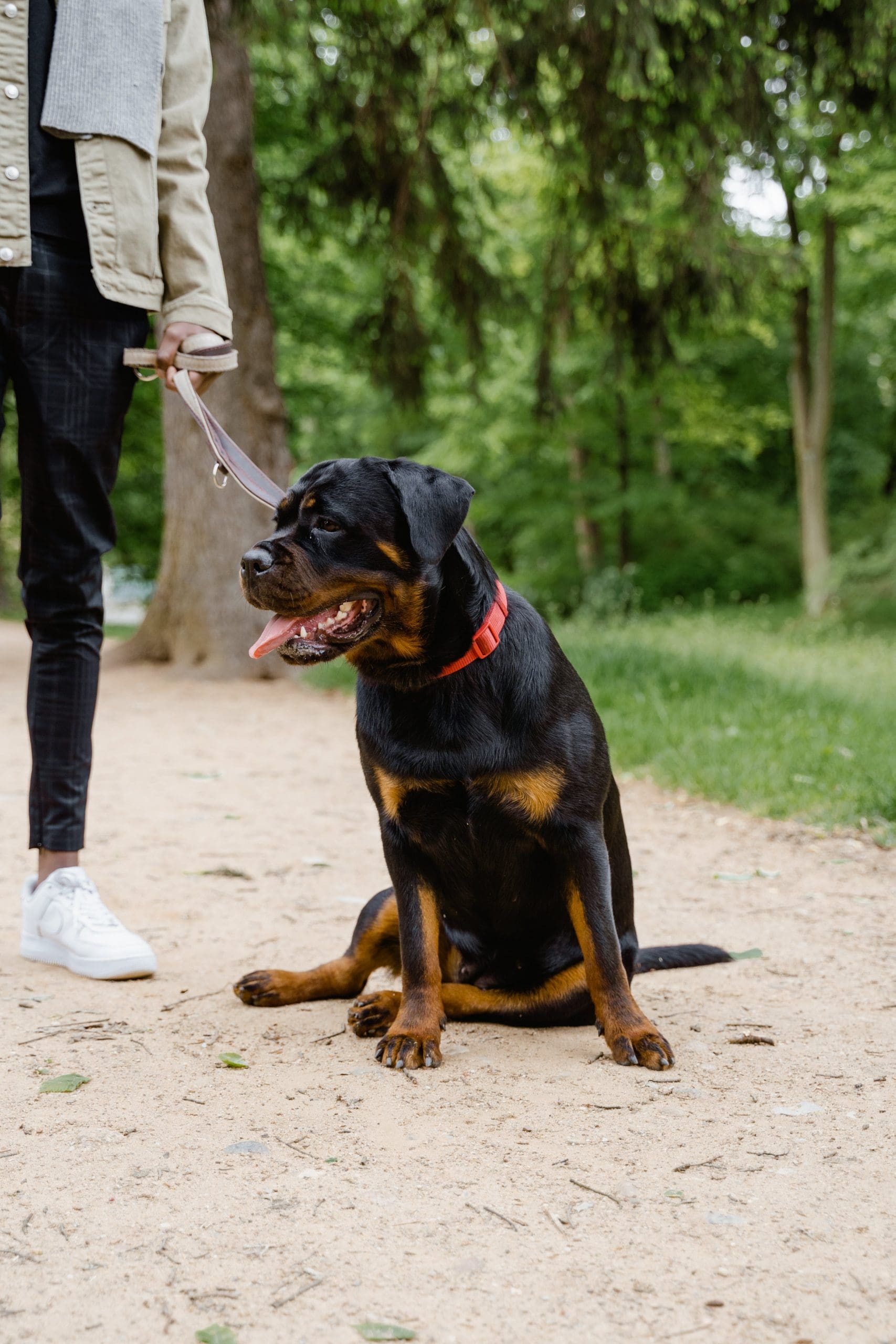As a dog owner, ensuring the health and safety of your furry friend is paramount. While rawhide treats are often marketed as enjoyable snacks for dogs, increasing concerns among veterinarians and pet experts highlight significant risks associated with their consumption. Understanding these dangers is essential for making informed choices about your dog’s diet.
Choking Hazards
One of the primary dangers of rawhide is the risk of choking. Dogs naturally chew, and when they gnaw on rawhide, they can break off large pieces that may become lodged in their throats. This can lead to panic and potentially severe complications, including airway blockage, which can be life-threatening. Individual chewing behaviors vary widely among dogs; some may gently gnaw, while others aggressively tear into their treats, heightening the risk of choking.
Gastrointestinal Obstruction
Another serious concern is the potential for gastrointestinal obstruction. Dogs that swallow large chunks of rawhide may experience blockages in their digestive tracts. An obstruction can result in severe health issues, such as vomiting, abdominal pain, and, in extreme cases, perforation of the intestines. These situations often necessitate emergency veterinary intervention, which can be distressing and costly for pet owners.
Chemical Contaminants
The processing of rawhide also raises red flags. Many rawhide products undergo treatment with chemicals that could pose health risks to dogs. Preservatives, flavor enhancers, and other additives may be present, even in products from reputable sources. Without full visibility into the manufacturing processes, pet owners may unwittingly expose their dogs to harmful substances.
Bacterial Contamination
Bacterial contamination is another factor to consider. There have been multiple recalls over the years due to rawhide treats contaminated with harmful bacteria such as Salmonella and E. coli. These bacteria can threaten not only dogs but also humans who handle the treats, making it crucial to avoid potential exposure.
Dental Health Concerns
While some owners believe rawhide helps clean their dog’s teeth, the reality is more complicated. Chewing on rawhide can lead to broken teeth, particularly in aggressive chewers. A fractured tooth can cause significant pain and may necessitate costly dental procedures. Additionally, rawhide can contribute to bad breath, as it can become slimy and accumulate bacteria, leading to poor oral hygiene.
Safer Alternatives
Exploring safer alternatives to rawhide is essential for responsible pet ownership. Durable chew toys made from rubber or nylon can provide the same satisfaction without the choking and obstruction risks. Natural chew options, such as bully sticks or sweet potato chews, also offer healthier alternatives.
Supervision is Key
Always supervise your dog while they are chewing on any treat or toy. Close observation allows you to intervene quickly if your dog struggles with a piece that is too large or shows signs of distress. Your vigilance plays a vital role in ensuring your dog’s well-being.
Prioritizing Balanced Nutrition
In addition to choosing safe treats, maintaining a balanced diet is critical for your dog’s overall health. High-quality dog food tailored to their nutritional needs should be the foundation of their diet. Treats should complement a well-rounded diet rather than replace it.
Making Informed Choices
Rawhide, while seemingly harmless, poses significant risks that overshadow its benefits. Recognizing why rawhide is detrimental to dogs empowers pet owners to prioritize their pets’ health and happiness. With numerous safe alternatives available, finding enjoyable and secure options for your furry friend is straightforward. Your commitment to informed decision-making in your dog’s diet and treats will contribute to their long-term health and overall well-being.



